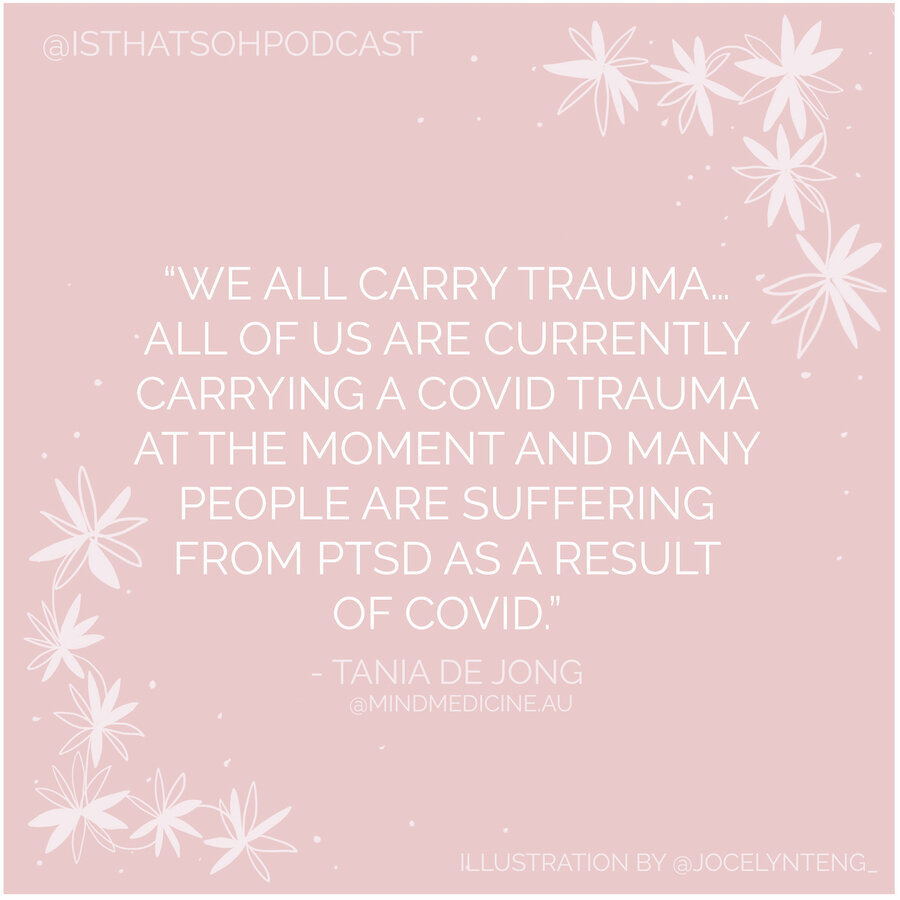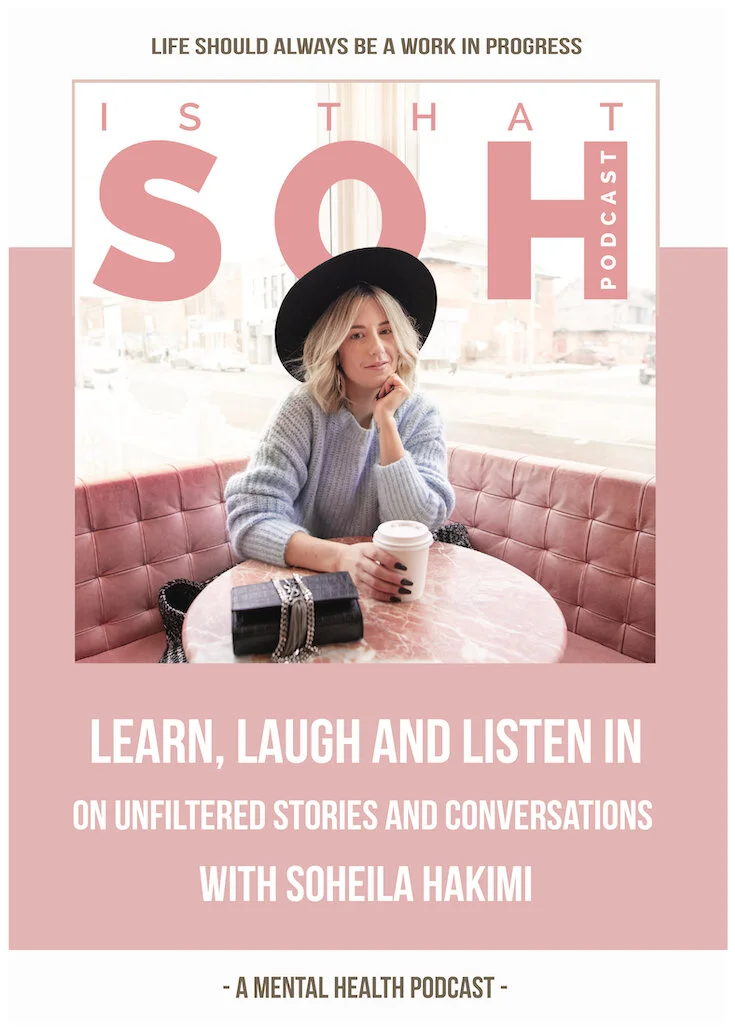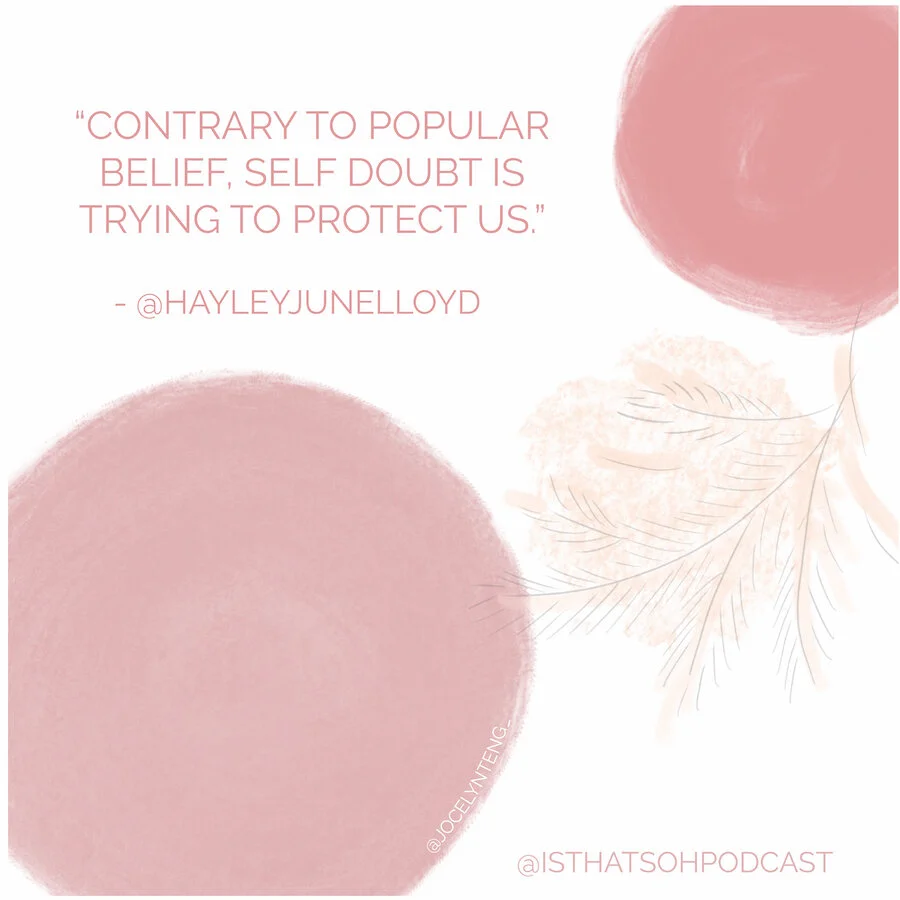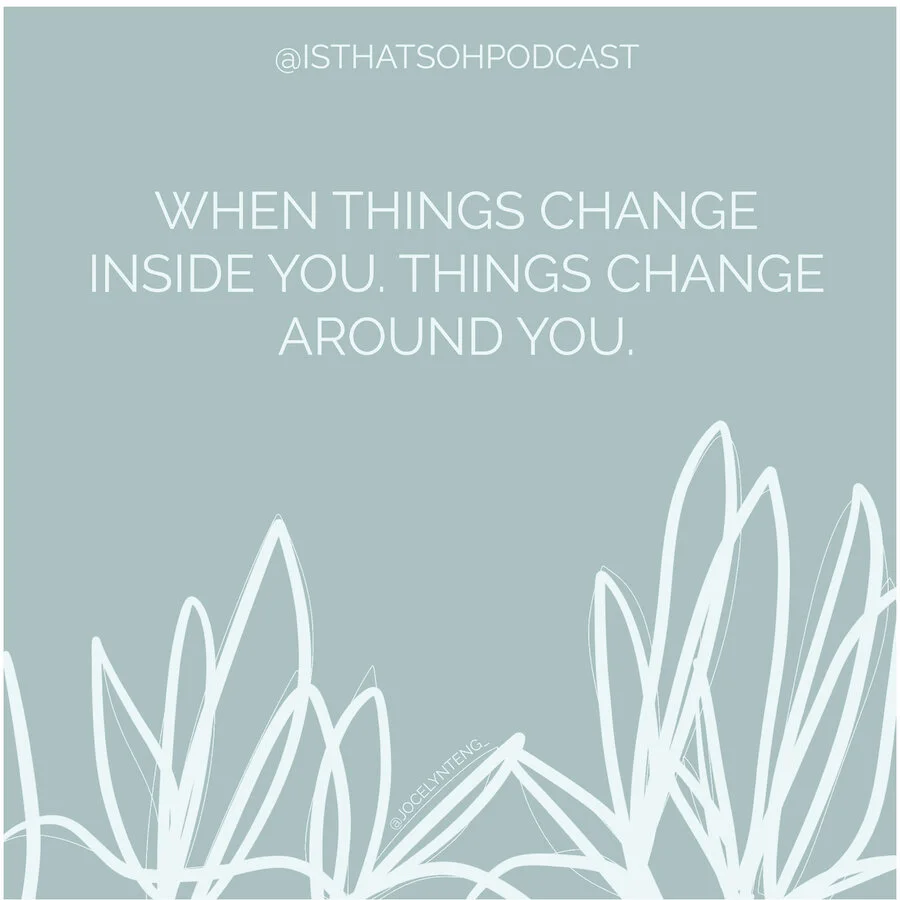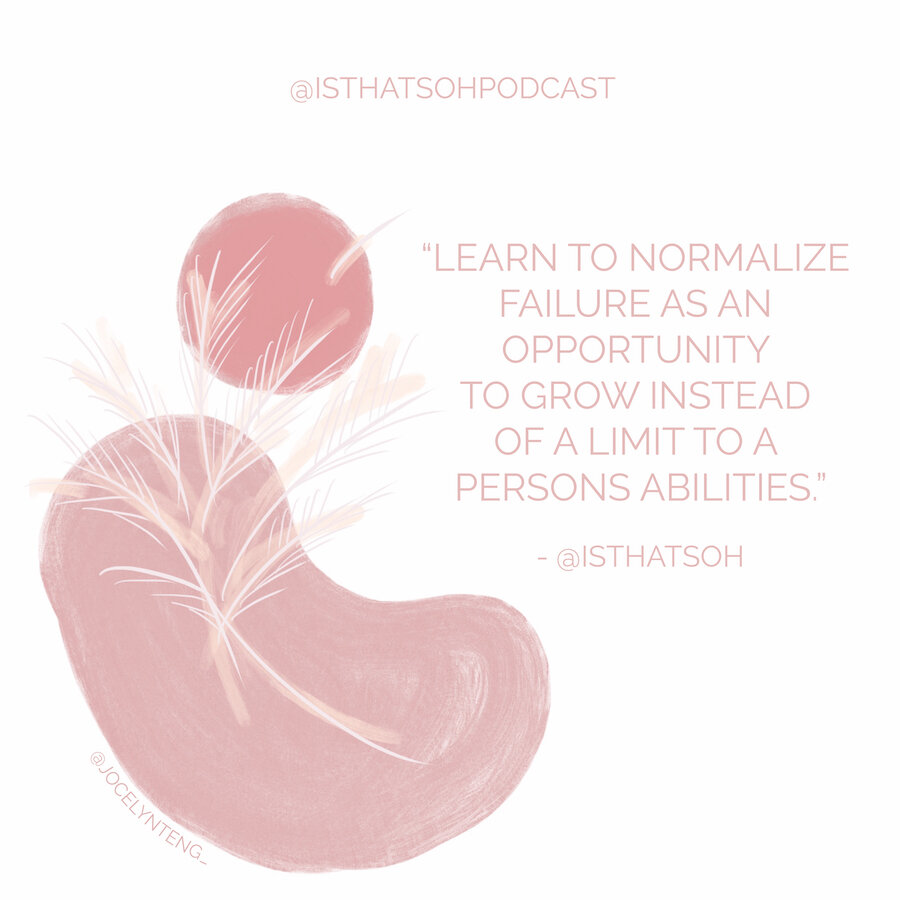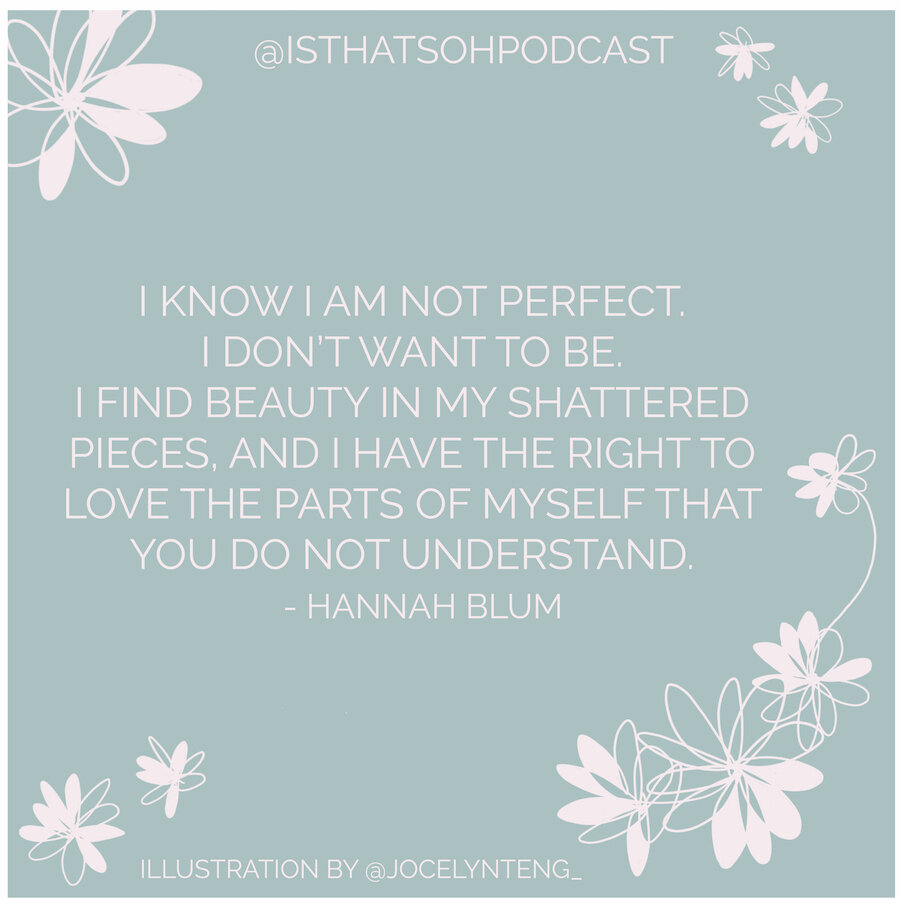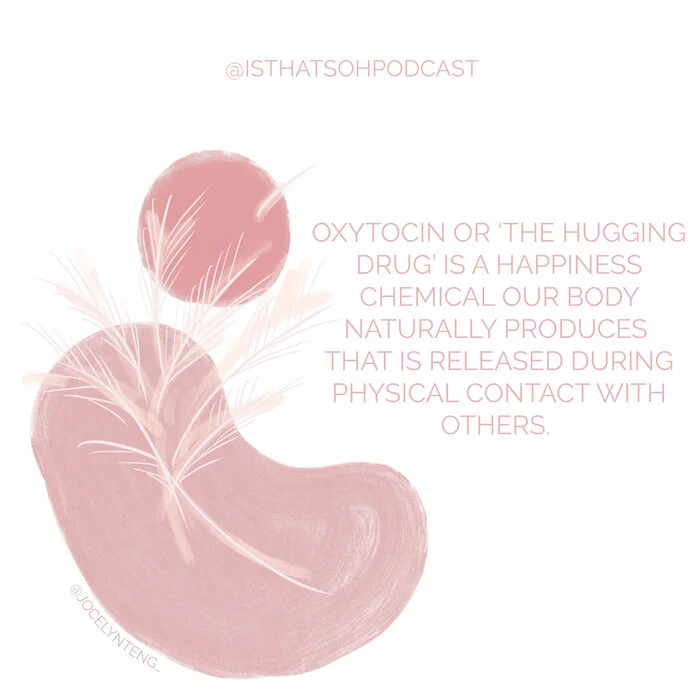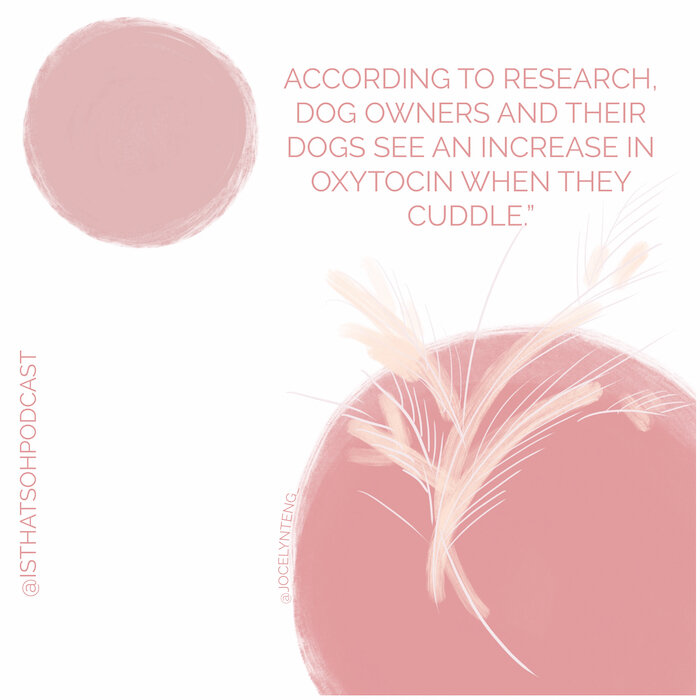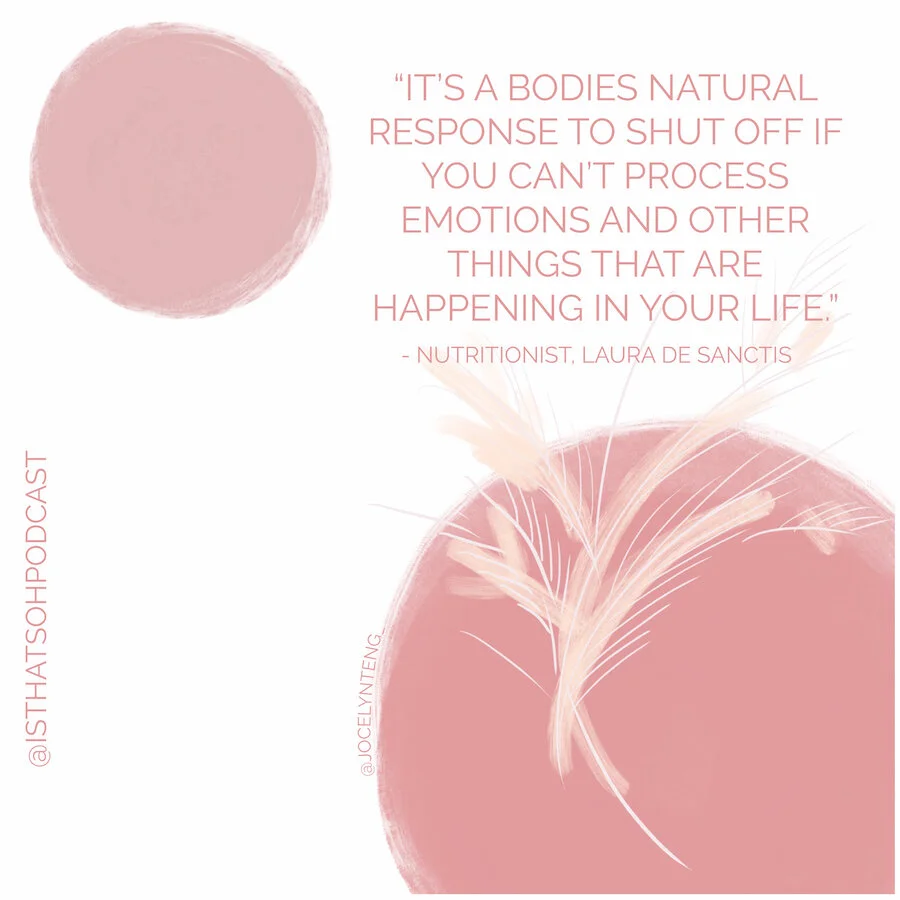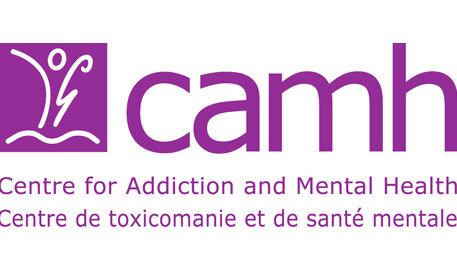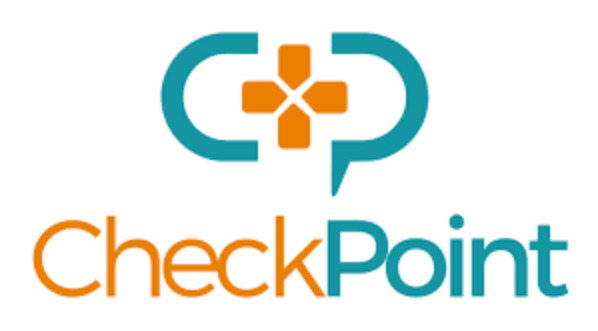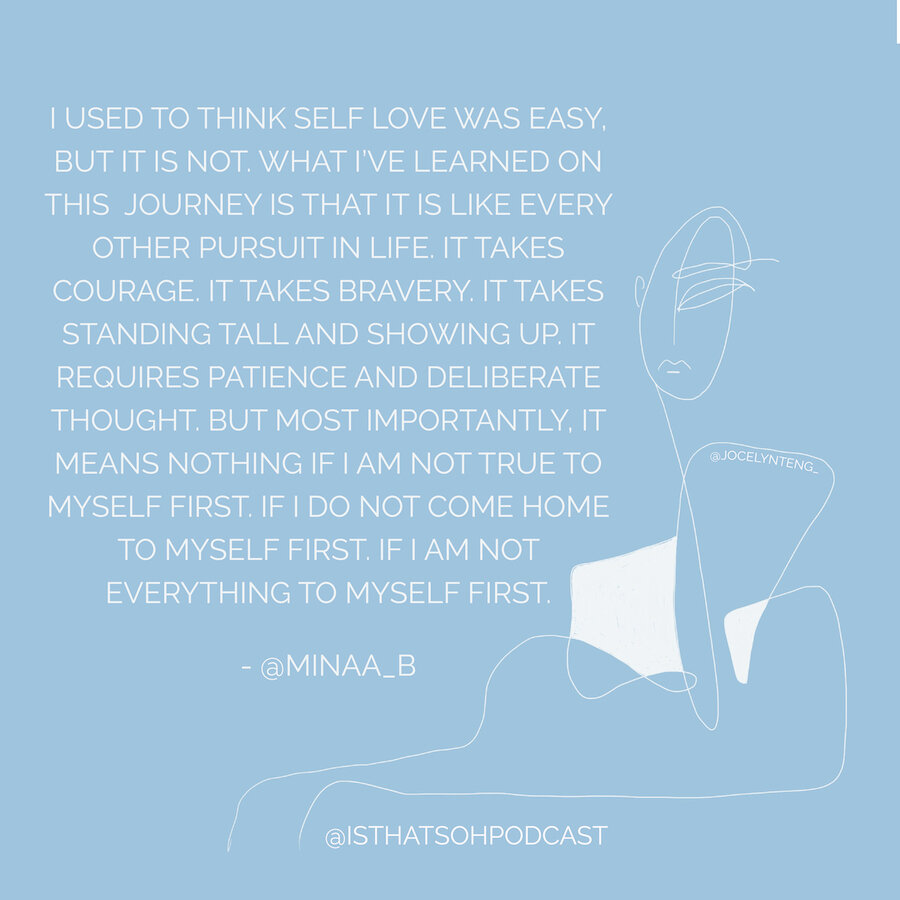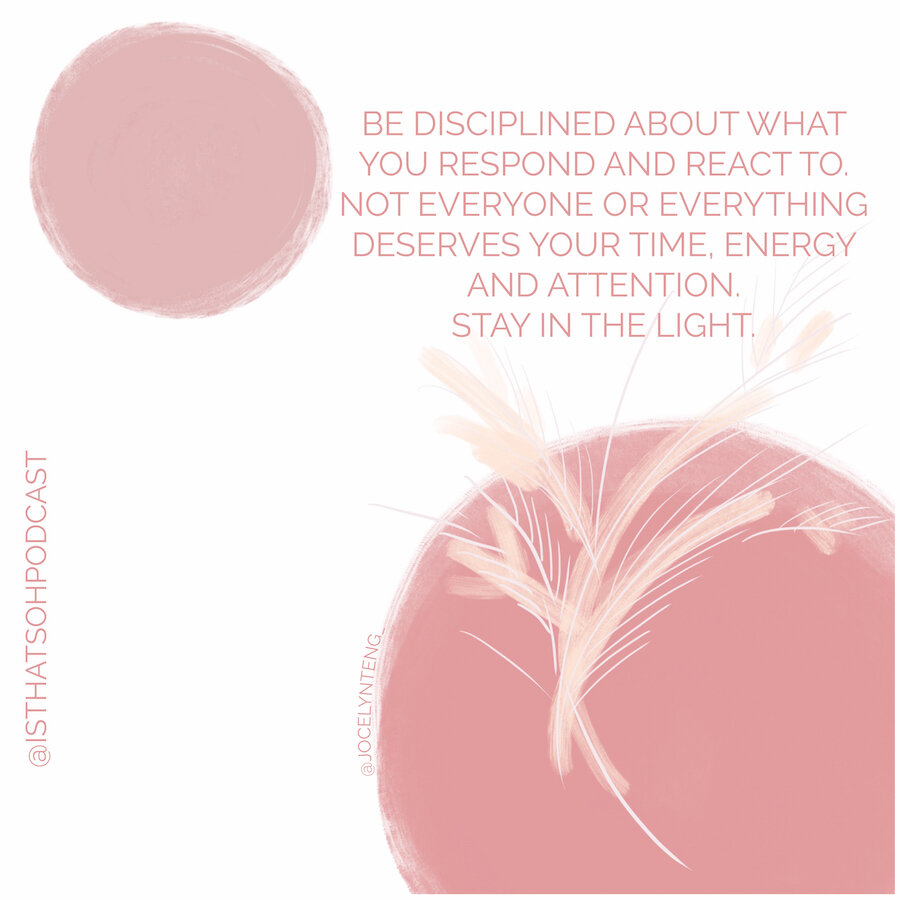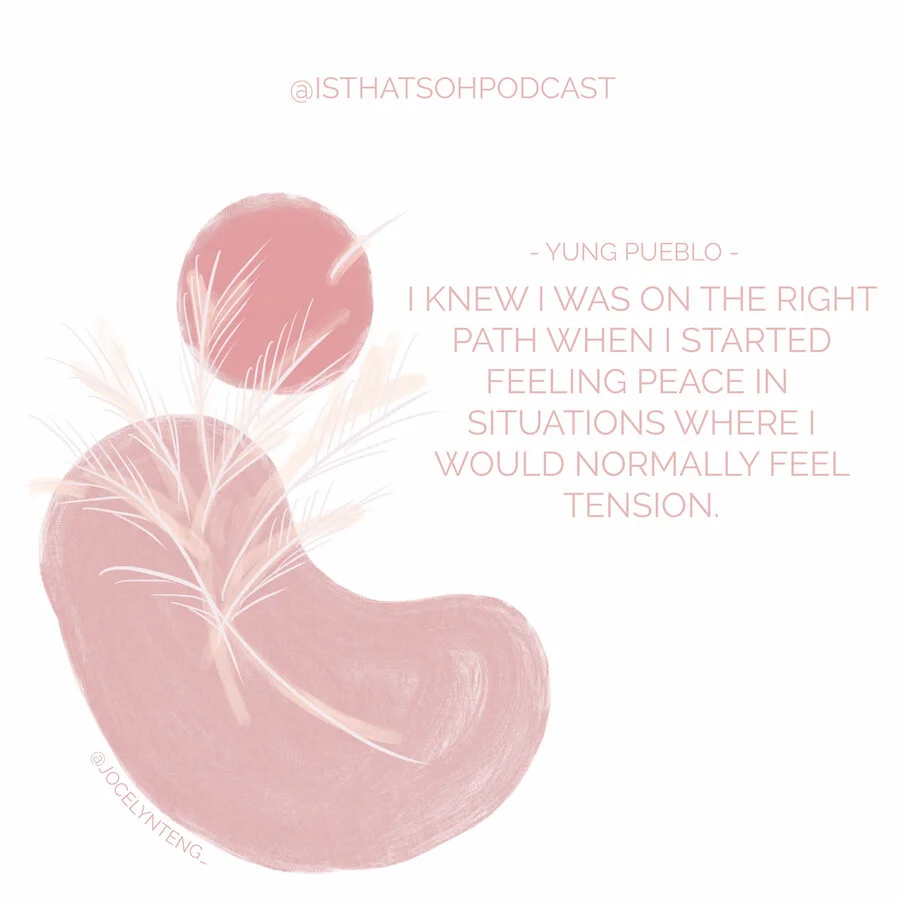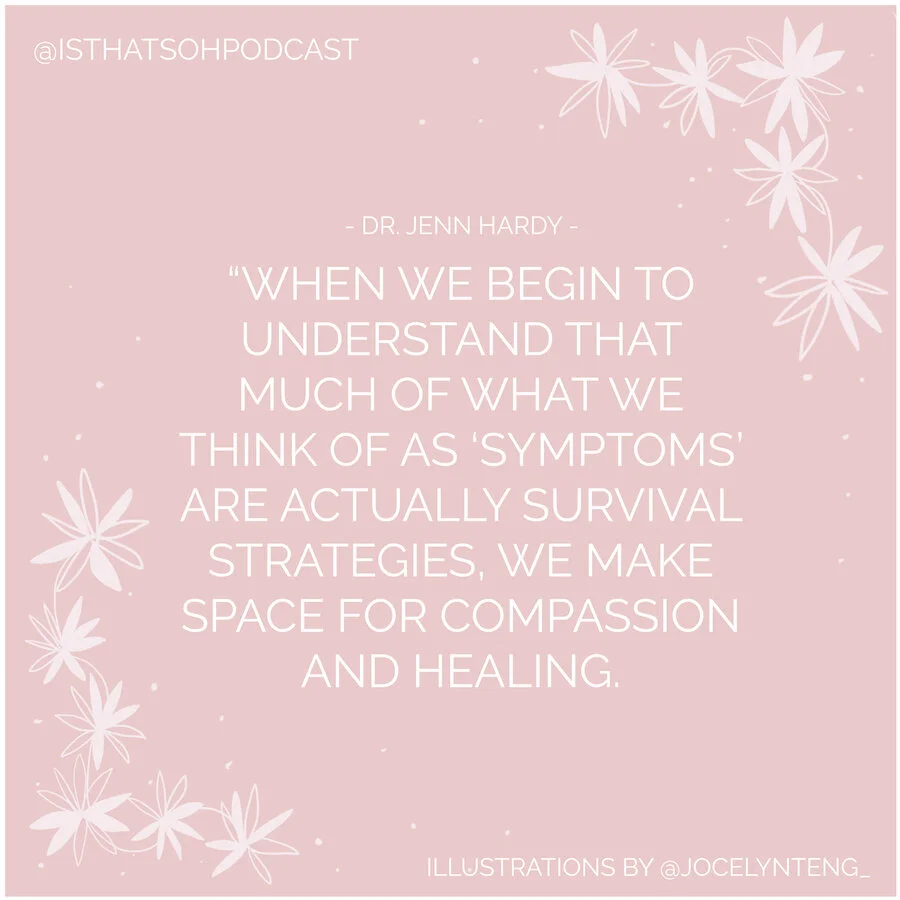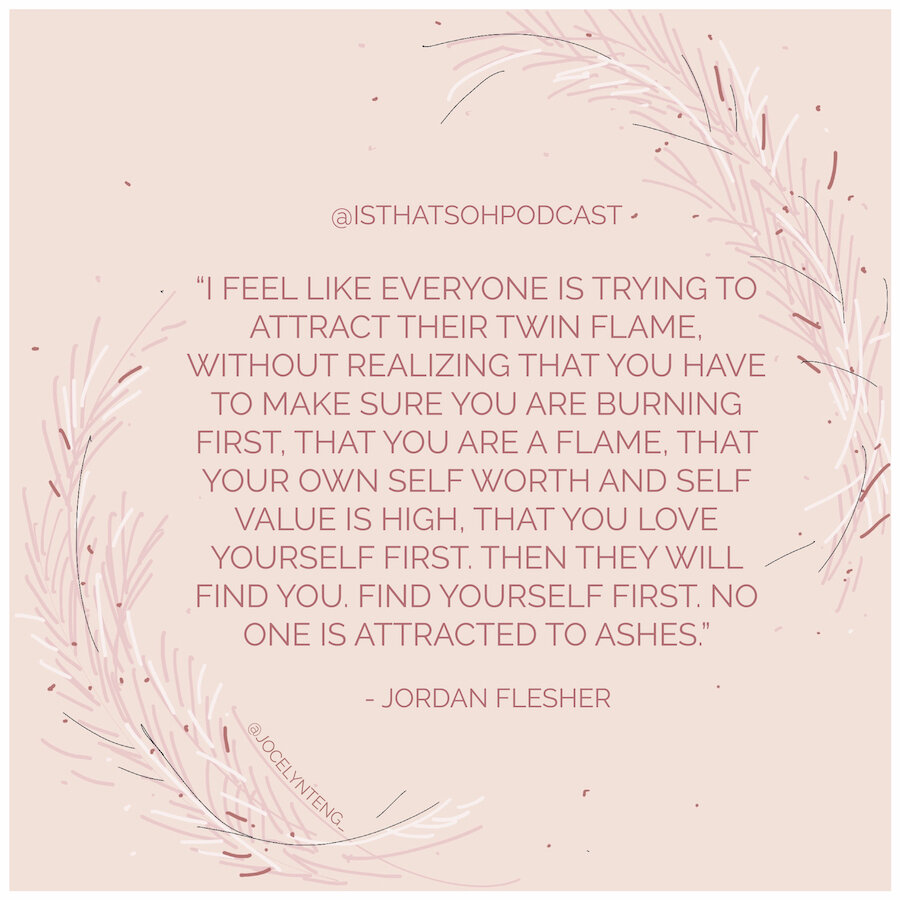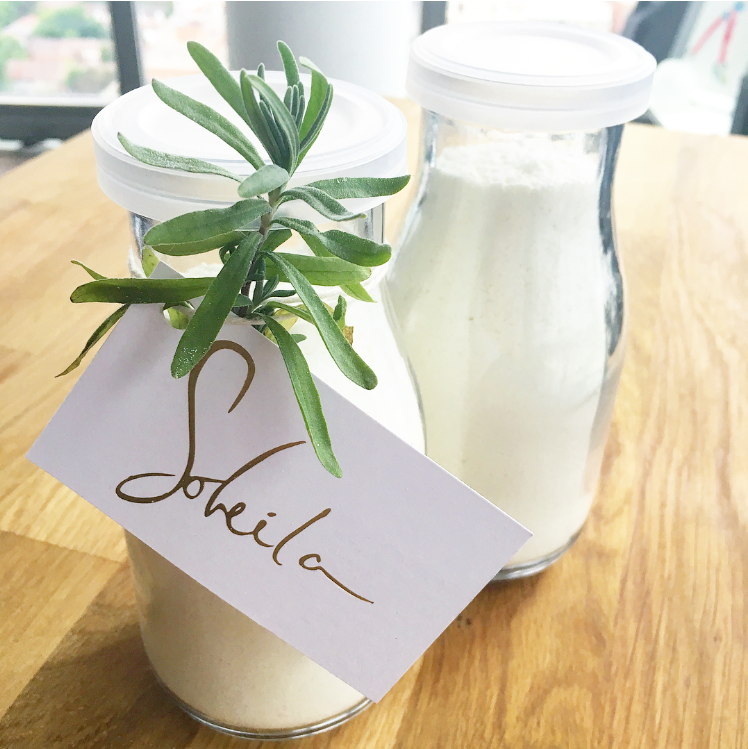EPISODE 29: AN INTRO TO PSYCHEDELIC ASSISTED PSYCHOTHERAPY WITH MMA'S CO-FOUNDER TANIA DE JONG
* Please Note - Some links in this post may be affiliate links *
Hello Friends and welcome back to the Is That Soh Podcast!
Today on the podcast I have invited award-winning social entrepreneur and co-founder of Mind Medicine Australia, Tania de Jong, to come on the show and talk to us about the power of psychedelic therapy to treat a wide range of mental illnesses.
CHECK OUT THESE OTHER PODCAST EPISODES YOU MAY ENJOY!
Mind Medicine Australia (MMA) is a charitable organization that seeks to expand the treatment options available to medical practitioners in Australia and their patients suffering from mental illnesses. They focus on developing safe and effective psychedelic-assisted therapies with the help of trained MDMA and psilocybin therapists and offering a Certificate in Psychedelic Assisted Therapies (CPAT) (the first in the Southern Hemisphere).
Today on the podcast we are going to be talking about psychedelic assisted therapies that utilize MDMA and psilocybin mushrooms therapy for depression, PTSD, anxiety, end-of-life distress, dementia, anorexia, and opioid, alcohol, and smoking addictions, as well as what is next for Mind Medicine Australia.
To learn more about Mind Medicine Australia - CLICK HERE
I hope you enjoy learning about psilocybin mushrooms therapy for depression and this episode on psychedelic therapy as much as I did! Feel free to leave your thought below!
Also, special thanks to Mattias Friberg for composing the music for this podcast and perfecting my sound!
- ADDITIONAL RESOURCES -
The New York Times bestseller Johann Hari’s Lost Connections offering a radical new way of thinking about depression and anxiety.
There was a mystery haunting award-winning investigative journalist Johann Hari. He was thirty-nine years old, and almost every year he had been alive, depression and anxiety had increased in Britain and across the Western world. Why?
He had a very personal reason to ask this question. When he was a teenager, he had gone to his doctor and explained that he felt like pain was leaking out of him, and he couldn't control it or understand it. Some of the solutions his doctor offered had given him some relief-but he remained in deep pain.
So, as an adult, he went on a forty-thousand-mile journey across the world to interview the leading experts about what causes depression and anxiety, and what solves them. He learned there is scientific evidence for nine different causes of depression and anxiety and that this knowledge leads to a very different set of solutions: ones that offer real hope.
- Where To Find Mind Medicine Australia Online -
INSTAGRAM ▶ @Mindmedicine.au
WEBSITE ▶ https://mindmedicineaustralia.org.au/
FACEBOOK ▶ Mind Medicine Australia
YOUTUBE ▶ Mind Medicine Australia
Follow The @IsThatSohPodcast On Instagram!
If you have any comments or questions about this episode on psychedelic therapy and the power of MDMA and Psilocybin Mushrooms therapy for depression, feel free to leave them below!






